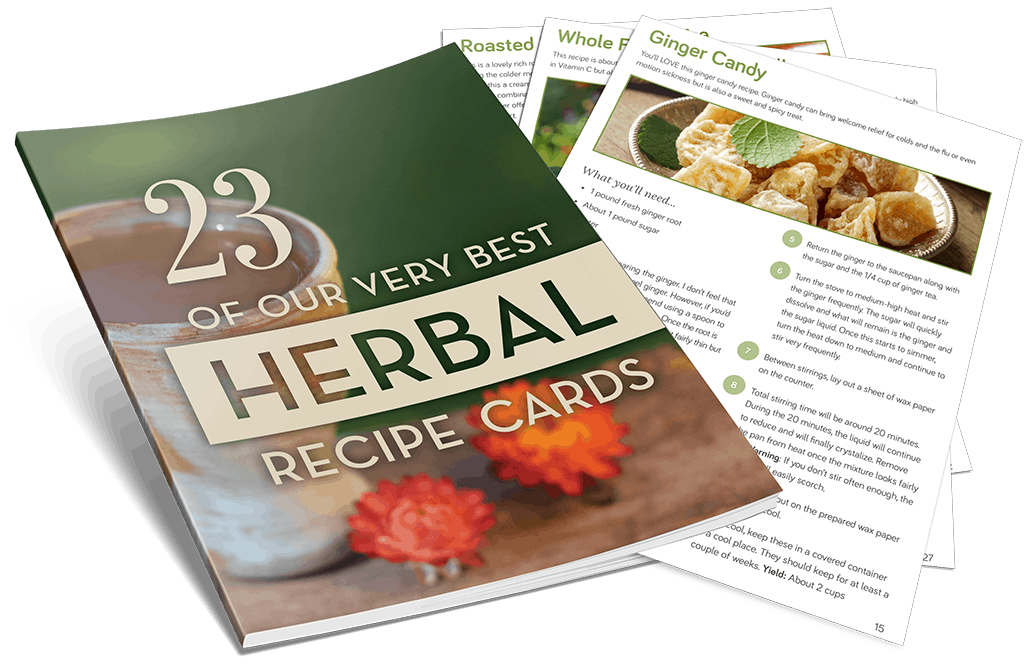As the heat of summer transitions into cool autumn breezes, I find myself drawn to the coziness of being indoors. Just as plants draw their energy to the roots this time of year, allowing ourselves to go inward through self-care rituals can sustain us during the busy season of feasts and giving.
Water is an essential element for physical and emotional wellbeing. The sensuous comfort water provides connects us back to our bodies, and sometimes, this simple pleasure is the perfect medicine for whatever ails us.
As with preparing herbal teas to drink, extracting a plant’s constituents in water synergizes its healing properties and makes them more bioavailable to us. Submerging ourselves in this primal botanical elixir allows the body’s largest organ, our skin, to absorb the beneficial properties of herbs while also engaging the olfactory system through the power of fragrance.
Making your daily bath or shower an easy self-care practice with herbs can improve your health in many ways:
- Relax tense muscles
- Open pores
- Encourage digestion
- Improve circulation
- Soften the skin
- Assist in natural detoxification
- Boost the immune system
- Promote restful sleep
All of this becomes especially important during the chilly months when colds hit, our diets change, and skin becomes dry. Using the healing properties of plants can elevate these processes. Depending on your specific needs and preferences, you can use different medicinal leaves, flowers, and oils to customize your herbal bath experience for relaxation, invigoration, or replenishment.
Herbal Bath Tea
Freshly picked herbs look beautiful in the tub, but dried plant material is best for extracting minerals and aromatics. Lavender, chamomile, peppermint, and rosemary make wonderful bath herbs.
One of my favorite preparations to make is an herbal bath tea with rose petals and calendula flowers that I harvested and dried from the summer garden. I drape a drawstring mesh bag filled with the flower blend over my faucet and let hot water run through it. Once the tub is full, I toss the tied bag into the water and swish it around for a strong herbal infusion.
Another method is to make a large pot of tea with the herbal blend and then add it while hot to the tub before soaking.
Herbal Bath Salts, Oils, and Hydrosols
Some other complimentary ingredients I like to stock include sea salt, Epsom salt, essential oils, carrier oils, herbal oils, and flower waters. These ingredients can be incorporated easily into your routine by making a quick batch of bath salts or adding a teaspoon of carrier oil to the tub. Coconut oil is one of my favorite carrier oils to use in the bath because it leaves my skin feeling silky smooth, but not greasy.
I also love to pour herbal infused oils into the bath, like lavender, rose, or calendula for additional skin-healing or aromatherapeutic qualities. Herbal oils are used as the base of homemade salves and lip balms, so I always have extra on hand. Versatility makes them an important staple in the home apothecary.
Dissolving a half-cup of salts into your bath water is another nice way to aid detoxification, soften skin, and relax muscles.
Finally, after a good, long soak, I like to spritz my skin with a toning flower water. Rose, peppermint, ylang ylang, or blood orange hydrosols are divine options.
With just a few of these supplies stored conveniently by your bath, you’ll be ready to pamper yourself each day without too much forethought or preparation.
An Herbal Bathing Oasis
Creating your own bathing oasis at home is easy:
- Light a few candles and play some soothing music
- Draw a warm bath with an infusion of therapeutic herbs
- Sprinkle a few drops of essential oil into a steamy shower
- Fill a small tub with hot salt water and coconut oil for a soothing foot soak
- Massage your skin with a homemade salt scrub
- Mist your body with aromatherapeutic and skin-toning flower waters
- Make your own bath oil using homemade herbal infused oils
Just like that, you can gift yourself a healing experience that is both practical and transformative.











